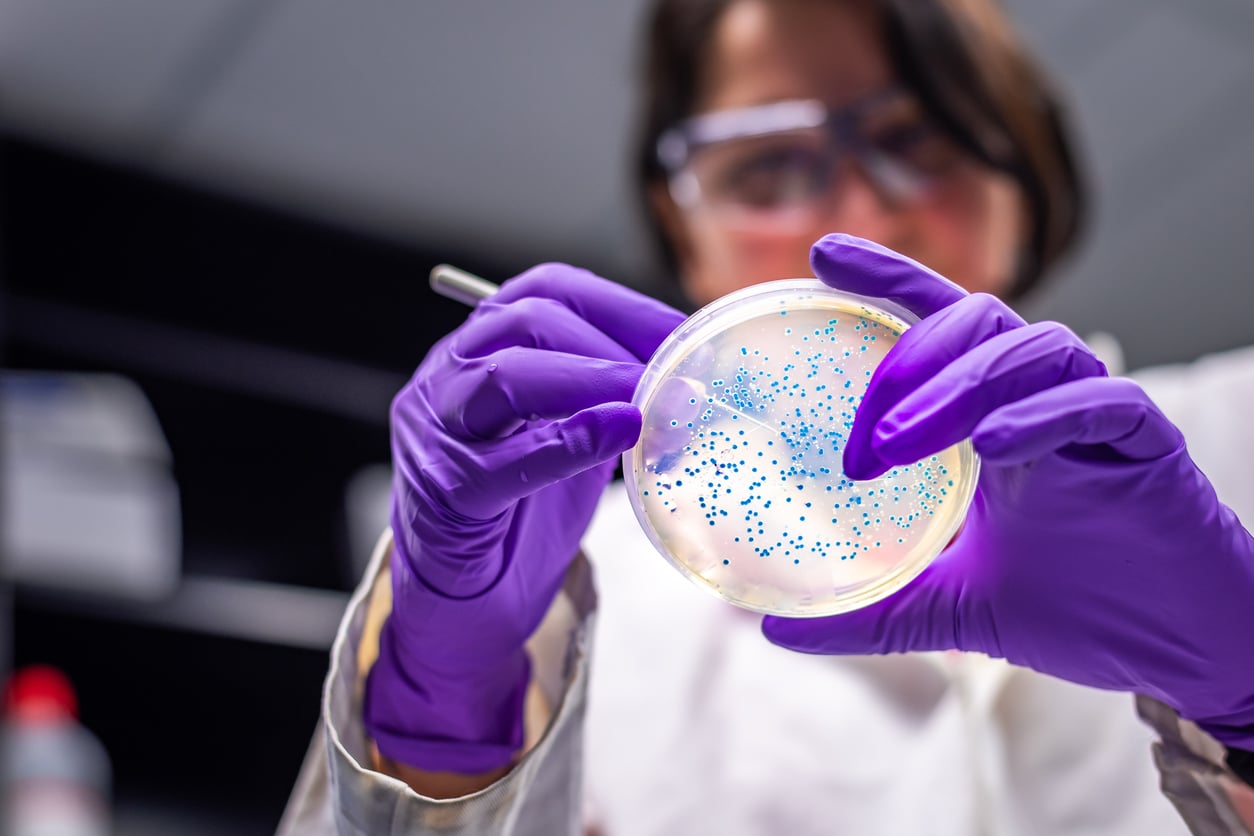Expanding Pathways in Healthcare: Careers for Graduates of a Master of Science in Medical Sciences Program
Key Takeaways
- Graduates of a Master of Science in Medical Sciences (MSMS) program can pursue diverse career paths beyond medical school.
- Offering an MSMS program helps universities expand graduate enrollment, build partnerships with health professional schools, and strengthen their profile in biomedical education and workforce development.
- The MSMS degree equips students with adaptable scientific and analytical skills that align with emerging fields such as health informatics, precision medicine, and global health.
- The Tiber Health MSMS curriculum adds the element of data-driven decision-making, with a predictive analytics dashboard that allows for tailored advising of students and a USMLE Step 1 outcome prediction that supports retention.
As the healthcare industry evolves and demand for professionals continues to rise, universities are seeking innovative ways to prepare students for a broad range of health-related careers. One increasingly popular solution is the Master of Science in Medical Sciences (MSMS)—a flexible, interdisciplinary graduate program designed to deepen students’ biomedical knowledge and open multiple professional doors.
While many MSMS graduates use the degree as preparation for medical, dental, or other health professional schools, a growing number choose to launch or advance careers across a spectrum of healthcare and biomedical fields. Understanding these career outcomes can help university administrators recognize the versatility and value an MSMS program can bring to their academic portfolio.
Pathway to Professional Schools
First, the primary purpose of many MSMS programs is to strengthen students’ academic preparation for entry into:
- Medical school (MD or DO)
- Dental, veterinary, pharmacy, or optometry programs
- Physician assistant (PA) or nurse practitioner (NP) programs
- Doctoral studies in biomedical sciences or public health
With a rigorous foundational course modeled that mirrors the first year of pre-clinical education at an LCME-accredited medical school, the MSMS helps candidates demonstrate readiness and competitiveness in professional school admissions.
Biomedical and Clinical Research Careers
Graduates who choose to remain in academia or research-oriented environments find ample opportunities as:
- Clinical research coordinators or associates
- Biomedical laboratory scientists
- Research project managers
- Data analysts in translational medicine or drug development
These roles are critical in bridging the gap between scientific discovery and clinical application. Employers in hospitals, research institutes, and pharmaceutical companies value MSMS graduates for their ability to interpret scientific data and contribute to evidence-based innovation.
Healthcare Administration and Policy Roles
An MSMS program can also prepare graduates to enter healthcare management, public health, and policy development. With added coursework or experience in business or administration, alumni can pursue positions such as:
- Healthcare operations analyst
- Medical science liaison
- Clinical program coordinator
- Health policy analyst
These professionals play a pivotal role in optimizing healthcare delivery systems and ensuring that clinical decisions align with ethical, economic, and regulatory standards.
Education and Communication in the Sciences
With their deep grounding in biomedical sciences, MSMS graduates are also strong candidates for careers in:
- University or community college teaching
- Medical and science communication
- Curriculum development for pre-health or allied health programs
Some graduates find fulfilling careers teaching anatomy, physiology, or biochemistry, while others engage the public through health writing, media, or educational technology.
Industry and Biotechnology Careers
The life sciences sector—especially biotechnology and pharmaceutical companies—offers MSMS graduates diverse opportunities, including:
- Regulatory affairs and quality assurance
- Product development and testing
- Medical device or pharmaceutical sales
- Clinical trial management
These roles combine scientific expertise with business and communication skills, and the MSMS curriculum’s emphasis on applied biomedical knowledge gives graduates a competitive advantage.
Gateway to Interdisciplinary and Emerging Fields
Healthcare innovation increasingly intersects with technology, data science, and community health. MSMS-trained professionals are well-positioned for emerging careers in:
- Health informatics and biomedical data analytics
- Global and community health initiatives
- Precision medicine and genomics
- Medical entrepreneurship
These expanding areas highlight the flexibility of an MSMS education and its relevance to future healthcare needs.
The Institutional Advantage
For universities, offering an MSMS program provides strategic benefits:
- Expands graduate enrollment by attracting pre-health and post-baccalaureate students seeking advancement, including those form underserved backgrounds.
- Strengthens institutional partnerships with medical, dental, and professional schools.
- Enhances the university’s research and health education profile, contributing to workforce development in high-demand fields.
In short, an MSMS program can serve as a bridge—connecting students’ aspirations with healthcare’s evolving needs and positioning the university as a leader in biomedical education.
Explore an MSMS Like No Other
The Tiber Health MSMS curriculum offers more than a pre-medical pipeline program—it opens a gateway to a dynamic range of professional opportunities across healthcare, research, industry, and education.
For university administrators, partnering with us represents a strategic investment in students’ futures: one that brings innovative, data-driven education into their institutions. Learn more about the Tiber Health MSMS curriculum here.




